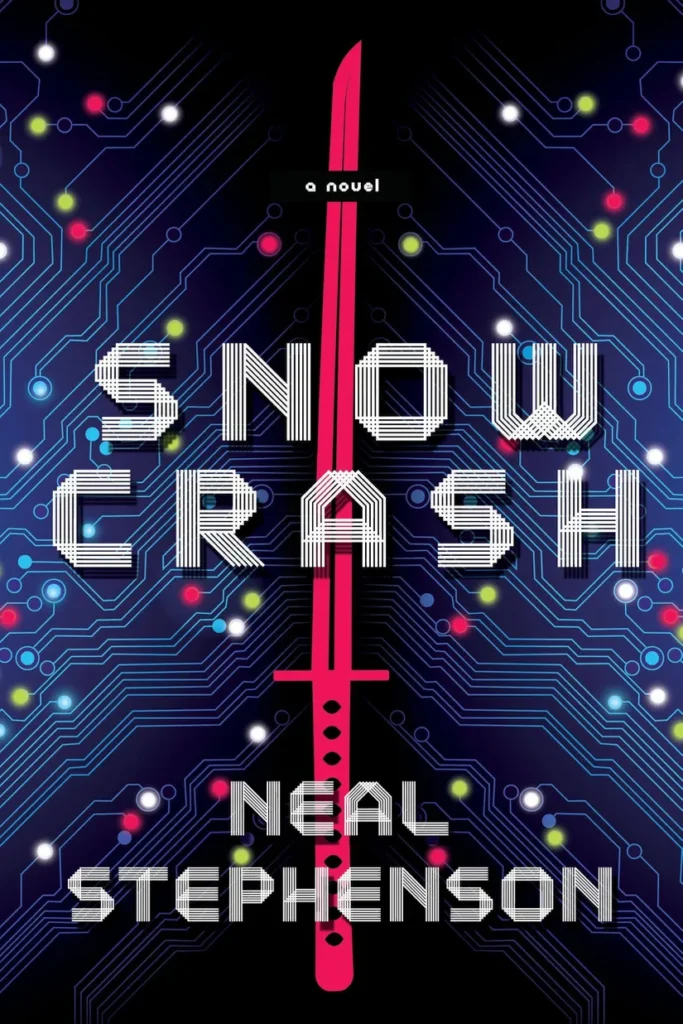The Etymology of the Term Metaverse

A likely reason for Stephenson’s use of the “meta” prefix could stem from its dual connotations: an established meaning from ancient times and a more recently rooted significance within computer science culture.
In Ancient Greek, the prefix “meta” conveys “after” and “beyond.” For instance, “metaphysics” suggests concepts beyond the physical sciences. The “metatarsal” bones in your foot denote the bones between the toes (phalanges) and the upper portion of your foot composed of tarsal bones. “Metamorphosis” refers to the transformation beyond the current form into something new.
Introduced by David Hilbert in 1920, “metamathematics” focuses on the study of mathematics using mathematical tools. The technological connotation of “meta” first emerged with the advent of “Lisp programming.”

Lisp, defined in 1958 and second oldest to Fortran, is considered a suitable language for artificial intelligence programming partly due to its capabilities for “metaprogramming,” such as a program’s ability to modify itself during execution. Subsequently, computer keyboards designed for Lisp programmers began to include a “meta key,” further embedding the term within the technological domain.
A decade after the invention of Lisp, John Lilly applied the concept of metaprogramming to humans in his book “Programming and Metaprogramming in the Human Biocomputer,” a concept once dubbed by the psychedelic icon of the 1960s, Timothy Leary, as “one of the three most important ideas of the 20th century.” The core thesis of this book is based on the notion that our environment continuously “programs” us, supported by Lilly’s LSD experiments which he believed could allow us to alter our own programming.

In 1979, Douglas Hofstadter published “Gödel, Escher, Bach: An Eternal Golden Braid,” playing a significant role in perpetuating the use of the meta prefix within geek culture. In this book, the meta prefix denotes self-reference. For example, a meta-wish is a wish about wishes (such as wishing for a hundred more wishes). This has become the stuck meaning in popular culture: when we talk about something being meta, it’s because it’s self-referentially talking about itself.
- Meta-game (a game about the game)
- Meta-learning (learning about learning)
- Meta-cognition (thinking about thinking)
- Meta-data (data about data)
- Meta tags in HTML code of web pages (information about the information content of the web page)
Thus, the metaverse can also be considered as a “universe about (digital) universe.”
Stephenson must have conceptualized the metaverse as a combination of things: indeed, his metaverse was about having a universe beyond ours. It’s likely that Stephenson was influenced by the entrenched position of “meta” within geek culture (building upon its self-referential aspect) without necessarily focusing on it. However, since Stephenson first used the term metaverse in the early ’90s, the literal meaning of metaverse has evolved. The metaverse now embodies both aspects of its meaning; self-reference (meta) and possessing another plane of reality.

In short, the metaverse is a combination of the prefix “meta,” meaning beyond, and “universe.” In this context, the term translates to “beyond universe” or “universe beyond” in English. Although it doesn’t convey the exact same meaning, “virtual universe” could be used interchangeably with metaverse.











